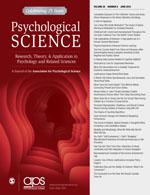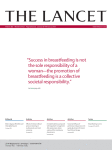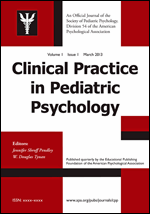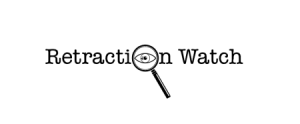 A psychology journal is retracting a 2015 paper that attracted press coverage by suggesting women’s hormone levels drive their desire to be attractive, after a colleague alerted the last author to flaws in the statistical analysis.
A psychology journal is retracting a 2015 paper that attracted press coverage by suggesting women’s hormone levels drive their desire to be attractive, after a colleague alerted the last author to flaws in the statistical analysis.
The paper, published online in November, found women prefer to wear makeup when there is more testosterone present in their saliva. The findings were picked up by various media including Psychology Today (“Feeling hormonal? Slap on the makeup”), and even made it onto reddit.com.
However, upon discovering a problem in the analysis of the data, the authors realized that central finding didn’t hold up, according to Psychological Science‘s interim editor, Stephen Lindsay: Continue reading Makeup use linked to testosterone levels? Not so fast, says retraction








